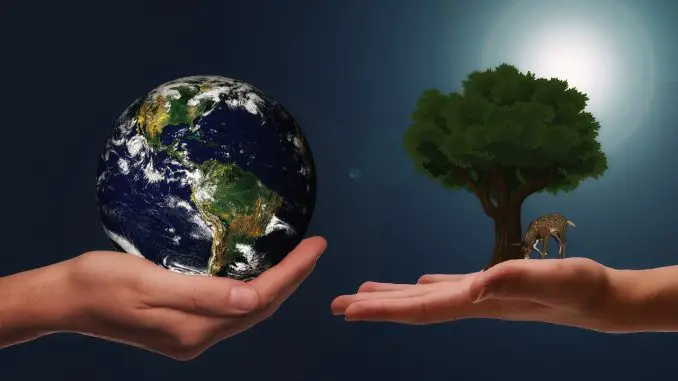
What is sustainable development?
There is a lot of talk about sustainability. Sustainable development, sustainable consumption, sustainable society. But what is sustainable then?
The concept of sustainable development became widely known through the work of the Brundtland Commission that the UN set up in the mid-1980s. The Brundtland Commission defined sustainable development as “a development that meets today’s needs without compromising the ability of future generations to meet their needs”.
Our needs come roughly from three different perspectives: environmental, social and economic. It will be sustainable to show care from these perspectives. All perspectives are integrated with each other and affect each other. Today, the relationships are global as with trade and economics. Similarly, the environmental that problems exist e.g. climate change. This means that responsibility for sustainable development is also shared. Common between generations, gender, people groups, and countries. We all share a common interest in sustainable development because we simply sit in the same boat.
Environmental perspective
Our environment is the foundation of everything. Without a prosperous environment, the floor is pulled away for us. From our environment, our soil, nature we get products that we feed on. Nature’s ecosystem provides us services that we pay for, but which we are in great need of, e.g. pollination. When we extract resources from nature, the concept becomes sustainable that nature should be able to recover by its own power and that we do not pollute and destroy. Today we take out too much resources from our planet. If everyone would have the same living standards in terms of lifestyle and consumption as in the west, we would need three planets. Consumption and emissions are really demanding for the earth’s resources and ecosystems.
Social and economic perspective
From the social perspective, no one should have to suffer badly during the production of what we buy. Living and working conditions become important and are a prerequisite for a sustainable environment. Living standards point to the next perspective, the economic one. After all, economic growth is always seen as a prerequisite for development. But at the same time, there must be something left to develop in, ie the environment with ecosystems that contribute with the conditions for a good standard of living.
What does garbage have to do with it?
Garbage is the back of our consumption. The fact that a sustainable society is dependent on sustainable consumption and sustainable waste management is clear. It can only be possible if we all take personal responsibility. We consume every day and what we consume affects our environment. Material, how it is produced, how it is transported, etc. are influencing factors. Likewise what we do with it when we want to get rid of it. Sustainable development is dependent on us taking responsibility for this.
Leave a Reply